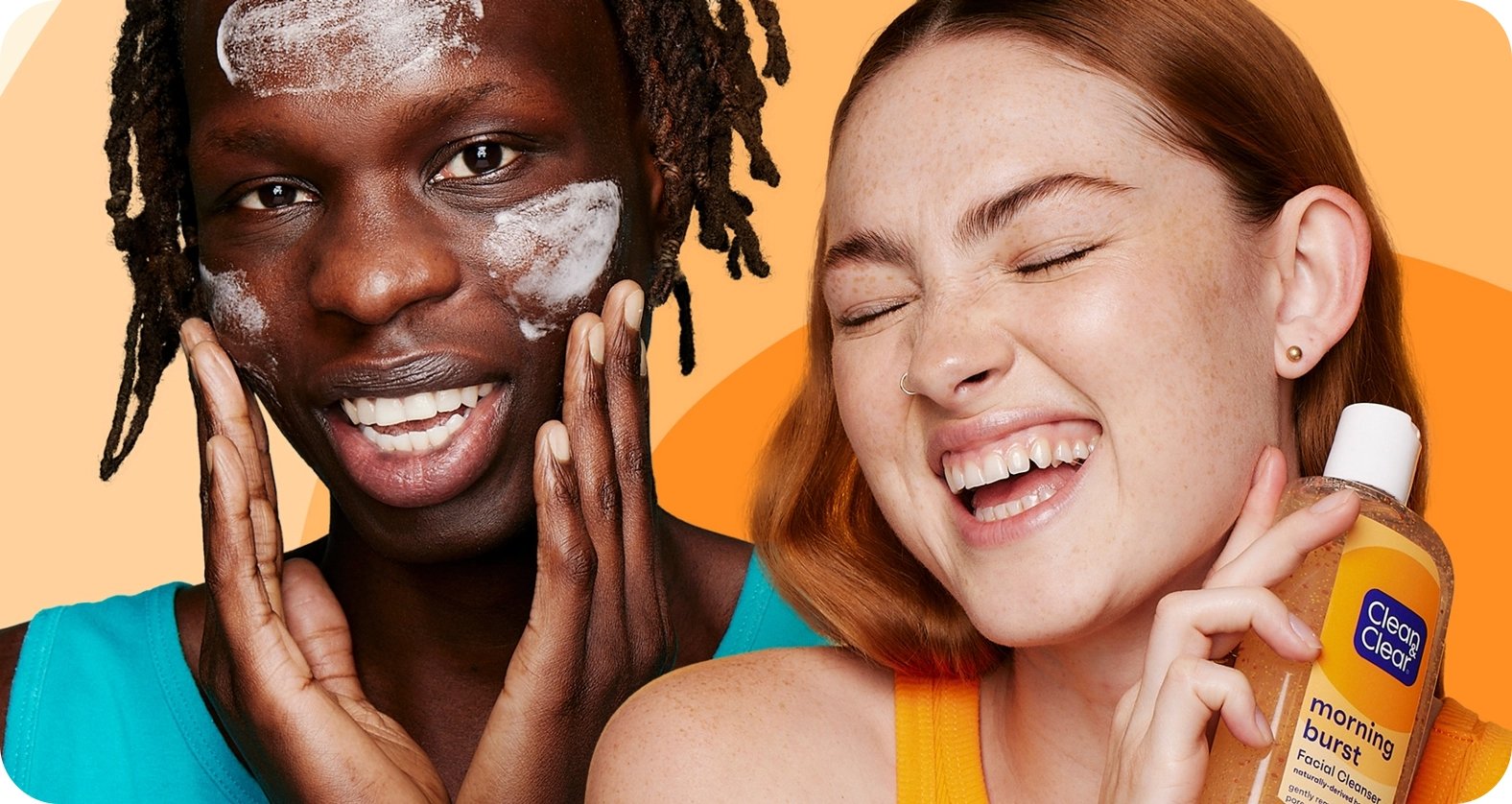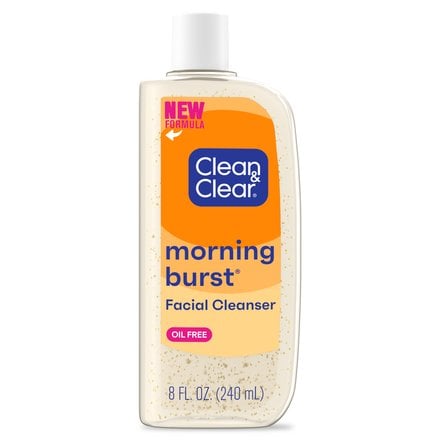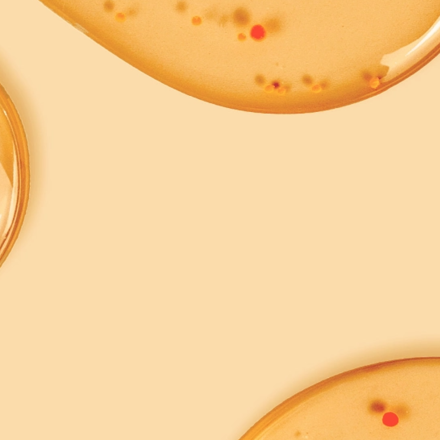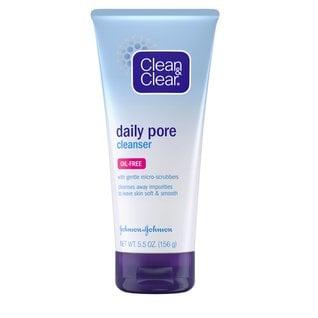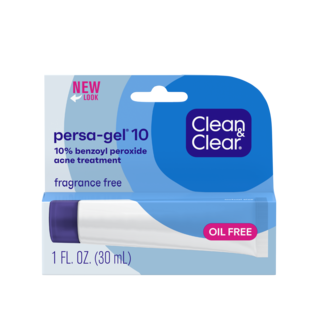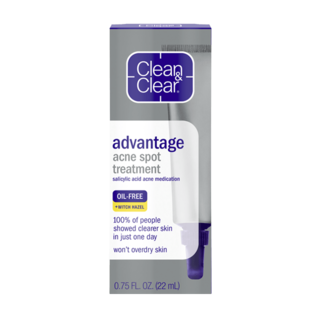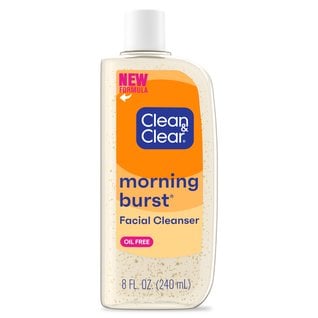You multitask like the best of ‘em. So should your skincare. Vitamin C for skin is like one of those fiercely independent skincare ingredients that also plays (mostly) well with others. Sort of like you. When it comes to “what does vitamin C do for your skin,” we always end up asking ourselves “what doesn’t it do?!”
So, what exactly is this citrusy ingredient? Breaking it down is as easy as A, B, C — vitamin C, that is. We promised you five surprising facts about vitamin C so let’s do this.
It Lightens Dark Spots
One of the more brilliant perks of using vitamin C skincare, like a face wash, is that it may visibly lighten dark spots and hyperpigmentation over time.
It’s in A Lot of Products
You’ll find vitamin C in a variety of skincare products. Think cleansers, moisturizers, serums, and facial scrubs. That’s just how versatile it is. L-ascorbic acid is the purest and most active form of vitamin C. Other forms sound like magnesium ascorbyl phosphate or ascorbyl palmitate. These are derivatives of vitamin C and may be gentler on sensitive skin. Check the label when picking up your next vitamin C skincare fix.
It Helps Collagen Production
Vitamin C and collagen — name a better duo. Vitamin C skincare is worthy of double tap. Truly. Some other vitamin C benefits for skin include improving the look of fine lines and wrinkles (yeah, it’s never too early to mention this one shrug) and aiding collagen production. Skin loses its elasticity as you get older. Applying something like a vitamin C serum has been known to help reduce the visible effect of collagen loss.
It’s a Daily Dose
Vitamin C easily fits into your skincare routine just like taking a multivitamin. You can use it every day or every other day, depending on your skin type.
It’s Safe
Products formulated with the multitasking ingredient vitamin C are safe for just about all skin types. If you have oily skin, keep your eye out for labels that say “oil-free” or for one of the other forms of the ingredient (magnesium ascorbyl phosphate or ascorbyl palmitate) in the formulation.
It’s worth casually mentioning that vitamin C serum side effects may cause some irritation among sensitive skin types, depending on the product’s potency. Vitamin C doesn’t always mix well with other ingredients either. Benzoyl peroxide and retinol are known to cancel out vitamin C when applied on top of one another. To prevent a fight between these ingredients, it’s best to rinse them off first before applying your vitamin C skincare. You can also wait 30 or so minutes in between product application.
Ready for thumb-stopping skin? Try our best-selling product containing vitamin C like our Morning Burst® Facial Cleanser. Already using vitamin C in your routine? We’re here for it! Show us using #ClearMoments.

